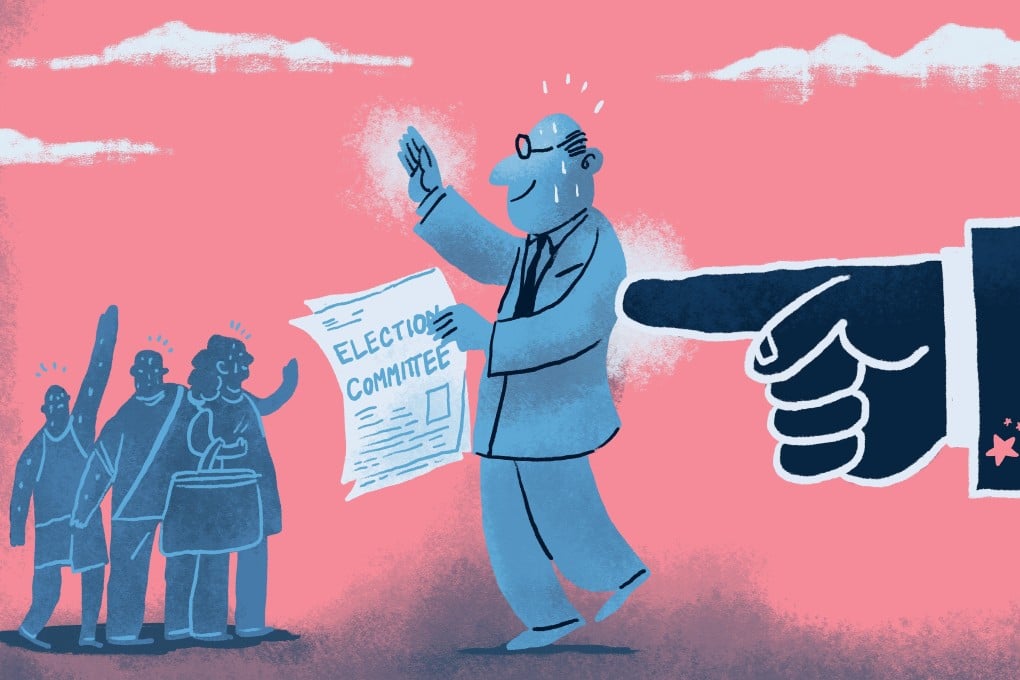Hong Kong elections: why did Beijing order the city’s tycoons and ultra loyalists to take to the streets?
- Observers say directive was to boost engagement in Sunday’s Election Committee polls, and to better connect the powerful with the public
- Tycoons on revamped body know expectations of them have changed, with their political clout significantly curtailed

In the final instalment of our three-part series on the Election Committee polls this Sunday, the Post explores Beijing’s rare move to order Hong Kong tycoons and loyalists onto the streets to meet the people, with insiders noting it was equal parts experiment and monitoring exercise. Read parts one and two.
The message was a rare, direct instruction from the central government’s representative office in Hong Kong to some of the most powerful people in the city.
“Take to the streets, talk to people for at least two hours and report what you have done,” the liaison office told the assortment of tycoons and political heavyweights who had secured seats on the Election Committee that holds vast sway over deciding who will govern.

The participants had mixed reactions to the outreach campaign that unfolded last weekend in the baking heat. Committee newcomers appeared to relish the platform and performed confidently. Some veterans knew how to fulfil the obligation without breaking into a sweat. But a few billionaires were clearly out of their element, with one leaving an elderly resident just as confused about the elections as she had been before stopping by for a brief chat.
Pointing to how the campaign was coordinated and closely monitored by the liaison office, insiders and analysts have said Beijing viewed the outreach as much more than a one-off bid to boost engagement in the polls. Rather, authorities were staging an experiment they hoped would enhance the legitimacy of the electoral process following its overhaul by the central government. The aim was to better connect the powerful with the public.